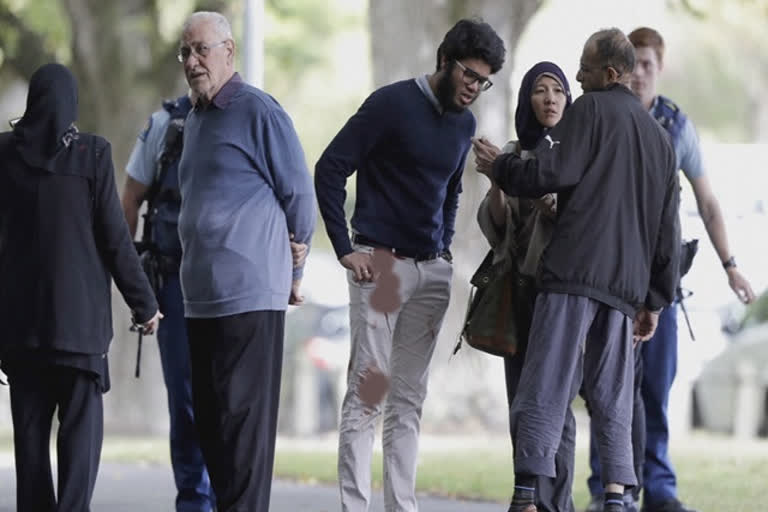Hyderabad: Attacks, whether by automatic rifles or explosive laden vehicles or by IEDs-and whether made by organized militants or by a lone wolf or by a non-militant, non-fundamentalist person-are always to make a point. Such attacks are aimed at drawing attention to an issue, a cause but also at scaring particular people. So whether they happen in India, in the US, in Indonesia, in Afghanistan, in Europe or in Africa-the culprits want to tell the world why they have done what they have done.
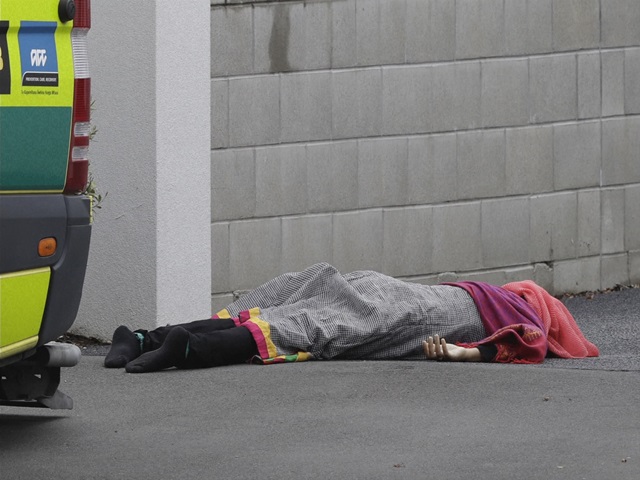
Friday's shootings inside two New Zealand mosques were also acts with such an aim in mind. At least in one case, of the two incidents, a long statement has been made and left in notes which unequivocally pours vitriol on immigration.
In most attacks at people in a building or enclosure, there are clearly two types. In one, the Islamist zealots stage attacks because they consider their targets are people who cannnot live within the same bracket. For example in the mosque attacks in Pakistan, it is found that Sunni hardliners have attacked Shiite mosques and killed adherents to that particular branch of Islam.
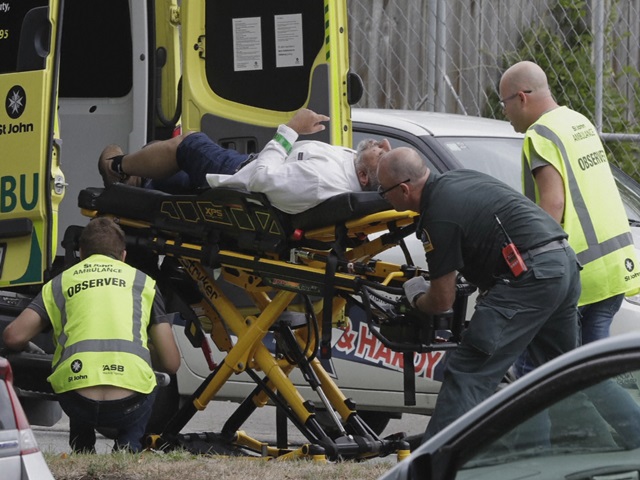
Similarly in Europe where the far-right has reared its head and in the US where white supremacists are increasing in number-attacks are against immigrants, esp. Muslims who, the attackers think cannot come and settle in their countries. New Zealand, where such violent acts seldom happen, is the new entrant in the anti-immigration club whose members are increasing by the day.
The second type of attack is like the Pathankot or Pulwama kind of attack where not any particular class of people but a whole state is the target.
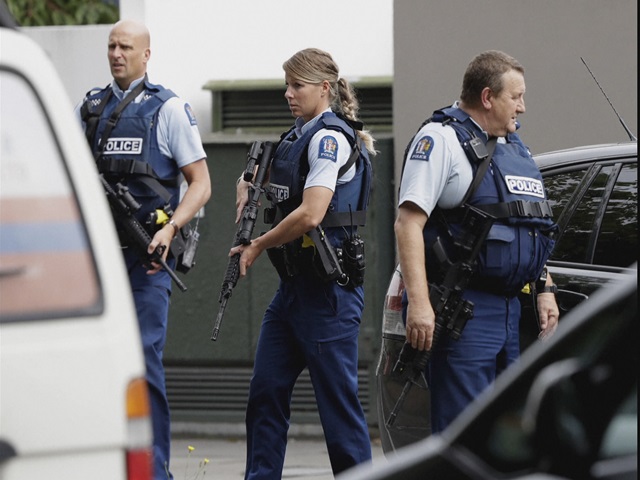
Whatever the case may be, attacks are becoming mainstream. Gone are the placid days when attacks by angry people were hardly heard of. These days such attacks do not raise brows anymore, they have become part of daily world affairs. The question here is if it is really possible to prevent such things from taking place.
The answer would obviously be in the negative. The world is increasingly becoming intolerent, interests are clashing, and things are being viewed from extremely parochial standpoint. Divergent views are so hard-cast that they breed intolerence in alarming proportions.
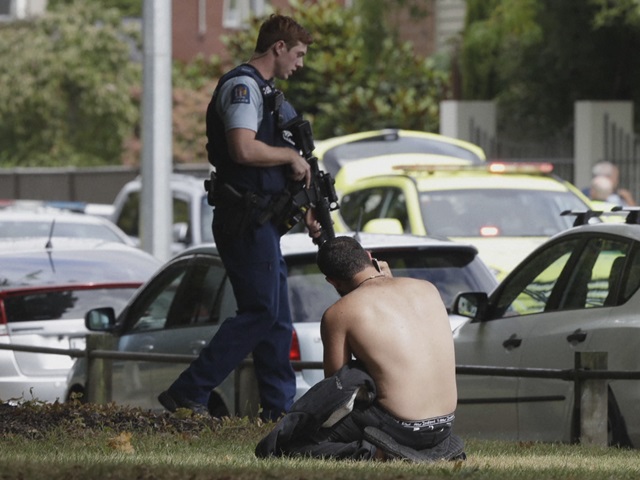
What happened in New Zealand may be a stray case in the country's history, but a seed of hatred was sown already that only sprouted on Friday. However if we glance around the world we will find that cold-blooded attacks have become a new world phenomenon in the past decade. Even if we single out mosque attacks, there have been many.
Also Read:40 killed after mass shooting at NZ mosques
Here are some of the mosque attacks that took place in various countries.
- Musab bin Umair mosque massacre: At least 73 people were killed in the attack which occurred on August 22, 2014 when a suicide bomber broke into the Iraqi Sunni mosque and a Shia Muslim militia opened fire inside in the country's eastern Diyala province.
- Sana'a mosque bombings: Suicide bombers killed 142 people and wounded more than 351 at two mosques in the Yemeni capital Sana'a on March 20, 2015.
- Sayyidah Zaynab bombings: 71 people died in blasts in south of Syria's capital Damascus after two suicide bombs and a car exploded near the Shia shrine of Sayyida Zeinab. The attack took place on January 31, 2016.
- Shikarpur bombing: 61 people were killed and 50 injured in a bomb blast at a Shia mosque in southern Pakistan. Sunni militant linked to the Pakistan Taliban claimed the blast that occurred on January 30, 2015.
- Kabul suicide bombing: 32 people were killed and more than 80 injured in a suicide bombing at a Kabul Shia mosque "Baqir-ul-Olum". The incident occurred on November 21, 2016.
- Kuwait mosque bombing: 27 people were killed and 227 injured in a suicide bombing that took place at a Shia mosque in Kuwait. on June 26, 2017.
- Baghdad bombing: 38 people were killed and 86 others wounded after a car exploded in southeastern Baghdad, targeting Shia pilgrims, walking to the Kadhimiyah shrine on April 30, 2016.
